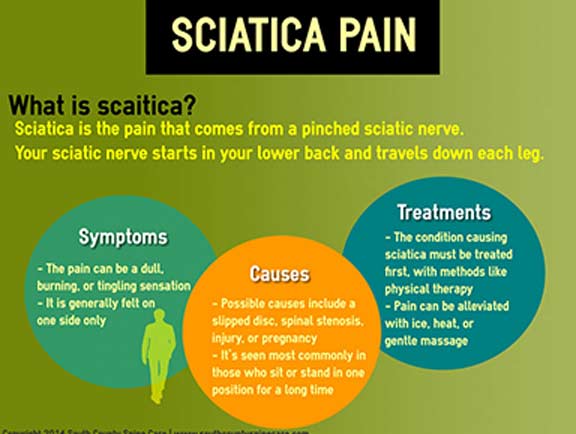Nourishment'S Effect On Pain In The Back Alleviation: Dietary Choices To Welcome And Those To Stay Away From
Nourishment'S Effect On Pain In The Back Alleviation: Dietary Choices To Welcome And Those To Stay Away From
Blog Article
Short Article Composed By-Cochrane Camp
When it pertains to managing your pain in the back, the food options you make can substantially influence just how you really feel every day. Envision being able to ease your discomfort merely by readjusting what you consume. By comprehending the duty of nutrition in pain in the back management and recognizing which foods to include or avoid, you can take positive steps towards a healthier and extra comfortable lifestyle. The connection between nutrition and back wellness is much more extensive than you may realize-- allow's explore just how specific foods can either relieve or intensify your back pain.
Value of Nourishment in Back Pain
Nutrition plays an important role in managing back pain. dianne capone austin can considerably affect inflammation degrees and general pain degrees in your back. Eating a well balanced diet abundant in nutrients like vitamins D and K, calcium, magnesium, and omega-3 fats can help in reducing swelling and reinforce bones, which are crucial for back health.
Additionally, maintaining chiropractor steiner ranch and balanced weight through correct nutrition can reduce stress on your spine, minimizing the threat of back pain.
Additionally, particular nutrients like antioxidants discovered in vegetables and fruits can help fight oxidative stress and advertise healing in the body, consisting of the back muscles and back.
On the other hand, consuming too much quantities of processed foods, sugary beverages, and unhealthy fats can add to inflammation and weight gain, exacerbating back pain.
Foods to Eat for Back Health
To support a healthy and balanced back, incorporating nutrient-rich foods right into your everyday dishes is crucial. Including foods high in anti-oxidants like berries, spinach, and kale can help in reducing inflammation in your back, easing discomfort and discomfort. Omega-3 fats found in fatty fish such as salmon and mackerel have anti-inflammatory buildings that can benefit your back health and wellness.
Additionally, taking in nuts and seeds like almonds, walnuts, and chia seeds gives necessary nutrients like magnesium and vitamin E, which support muscular tissue feature and minimize oxidative tension. Including lean proteins such as chicken, turkey, and tofu can help in muscular tissue repair service and upkeep, promoting a solid back.
Do not forget to include dairy or fortified plant-based choices for calcium to support bone health. Last but not least, moisten with plenty of water to keep your spinal discs moistened and working ideally. By consisting of these nutrient-dense foods in your diet regimen, you can nurture your back and support general spine health and wellness.
Foods to Prevent for Pain In The Back
Select avoiding refined foods high in sugarcoated and trans fats when looking for remedy for back pain. These types of foods can contribute to swelling in the body, which might worsen back pain. Say no to sugary snacks sweet, breads, and sweet beverages, as well as junk food items like hamburgers, french fries, and fried chicken that are frequently packed with trans fats.
Additionally, avoid foods consisting of high levels of refined carbs, such as white bread, pasta, and pastries, as they can spike blood sugar level degrees and potentially intensify swelling in the body.
It's also important to restrict your consumption of foods high in saturated fats, like red meat and full-fat milk products, as they can add to swelling. Processed https://kevsbest.com/chiropractors-in-houston-texas/ like delicatessens meats, chips, and packaged treats are often high in saturated fats and need to be eaten in moderation.
Final thought
Finally, paying attention to your diet regimen and making clever food selections can have a substantial impact on taking care of pain in the back. By including nutrient-rich foods like berries, fatty fish, nuts, and lean proteins, and avoiding processed and sweet items, you can help in reducing inflammation and support overall back health and wellness. Keep in mind, what you eat plays an essential function in how you really feel, so make sure to prioritize your nutrition for a much healthier back.
